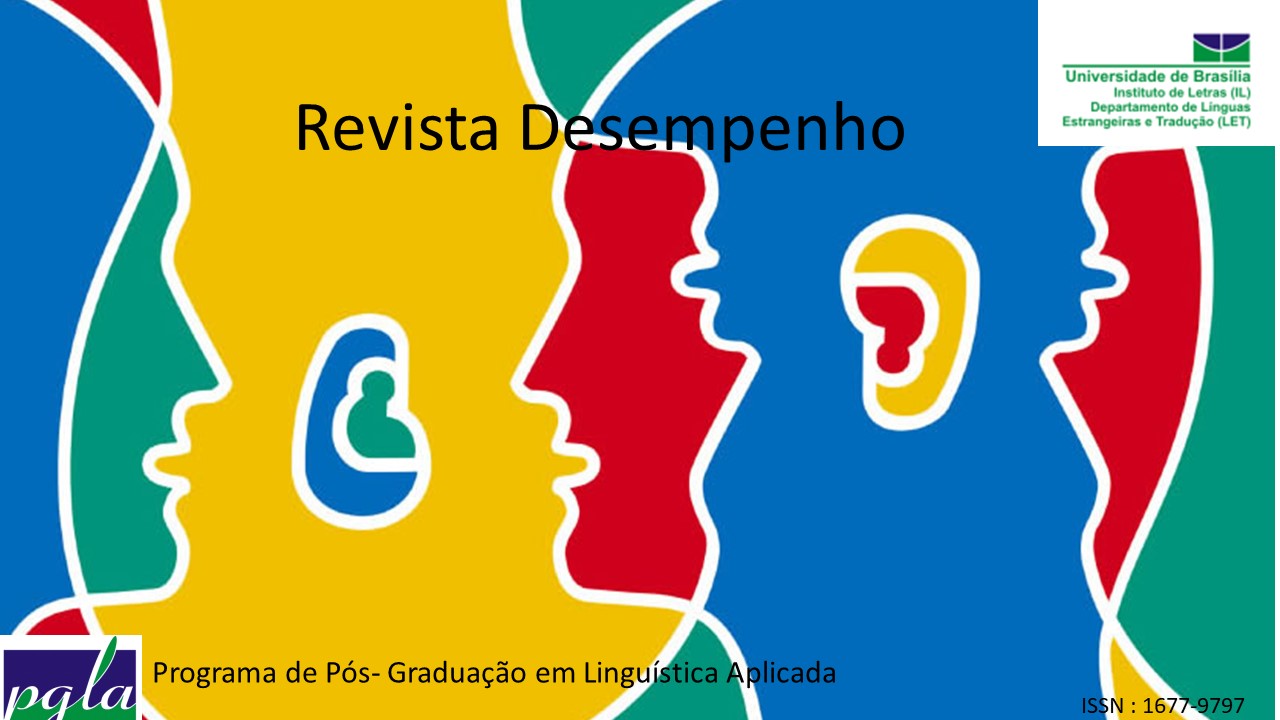Correção oral na sala de aula de língua inglesa:
a visão de professores em formação
Abstract
There are two kinds of failures which can take place when acquiring a foreign language. According to Ellis (1997), errors are done when learners do not know what is “correct”, while mistakes happen when students are not able to use their knowledge properly. In a foreign language class, teachers have some difficulties dealing with these failures due to factors such as the large diversity present in a classroom, different correction techniques and the way students react to oral correction. This study aims to analyze and compare the opinion of students who are in the beginning of an English undergraduate course to those who are finishing an English-Portuguese one about oral correction in an English class. To do so, a questionnaire about how these learners feel when they are corrected in a class and how they intend to orally correct they future students was applied. After analyzing the data, it was observed that both groups had similar answers regarding their worry to avoid making the students ashamed when being corrected and also their favorite correction method. On the other hand, both groups presented different answers concerning the best time for correction.
Downloads
Downloads
Published
How to Cite
Issue
Section
License
Autores que publicam nesta revista concordam com os seguintes termos:
Autores mantém os direitos autorais e concedem à revista o direito de primeira publicação, sendo o trabalho simultaneamente licenciado sob a Creative Commons Attribution License o que permite o compartilhamento do trabalho com reconhecimento da autoria do trabalho e publicação inicial nesta revista.
Autores têm autorização para assumir contratos adicionais separadamente, para distribuição não-exclusiva da versão do trabalho publicada nesta revista (ex.: publicar em repositório institucional ou como capítulo de livro), com reconhecimento de autoria e publicação inicial nesta revista.
Autores têm permissão e são estimulados a publicar e distribuir seu trabalho online (ex.: em repositórios institucionais ou na sua página pessoal) a qualquer ponto antes ou durante o processo editorial, já que isso pode gerar alterações produtivas, bem como aumentar o impacto e a citação do trabalho publicado (Veja O Efeito do Acesso Livre).






